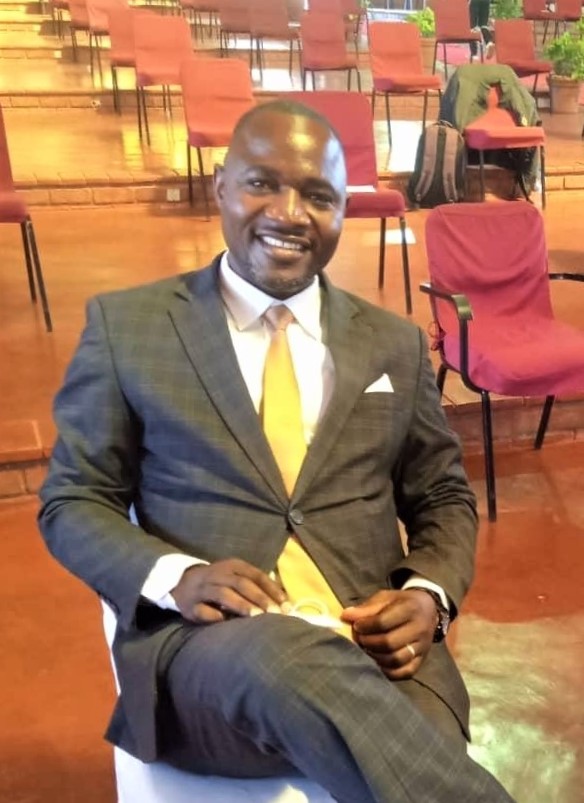
CCAP EDUCATION SECTOR
CCAP Blantyre Synod Education Department is one of the oldest departments of CCAP Synod of Blantyre instituted in 1876 by Rev. Henry
Henderson, as a way of inspiring spiritual and physical salvation through Education.
It operates under the supervision of an Education Council as an apex body. It has a secretariat headed by an Education Secretary/Executive
Director; managing a strong team of Staff members. Currently it runs about 65 Early Child Development Centres, 280 Government Aided Primary
Schools, Six Mission Private Primary Schools, five Mission Private Secondary Schools, 33 Government Aided Community Day Secondary Schools
(CDSS) and One University and one nursing college with support from Christian Health Association of Malawi (CHAM).
The department is mandated to operationalize one of the CCAP Synod of Blantyre development goals of achieving a complete human transformation
by mitigating on the challenges retarding people from transforming of which illiteracy is one.



